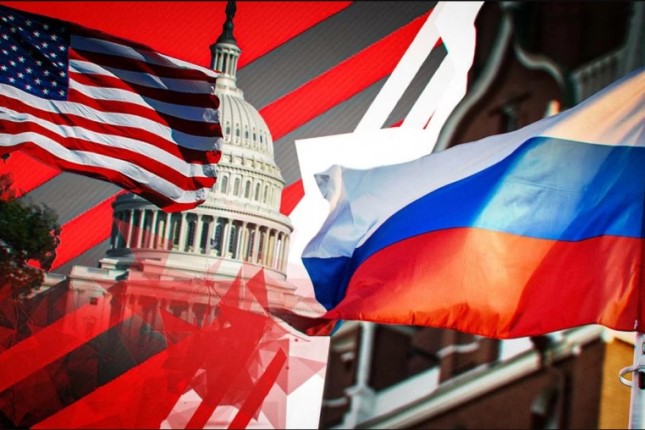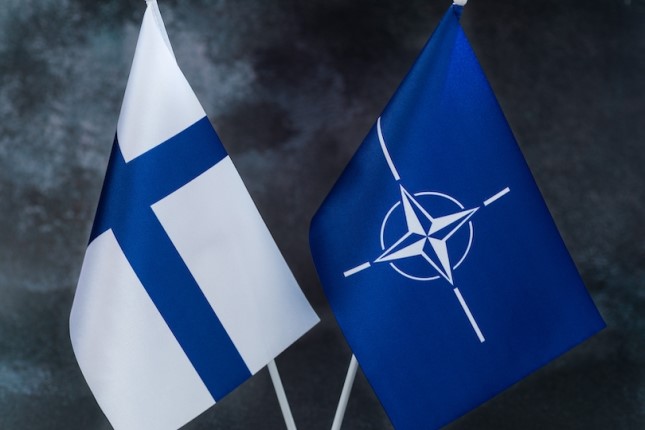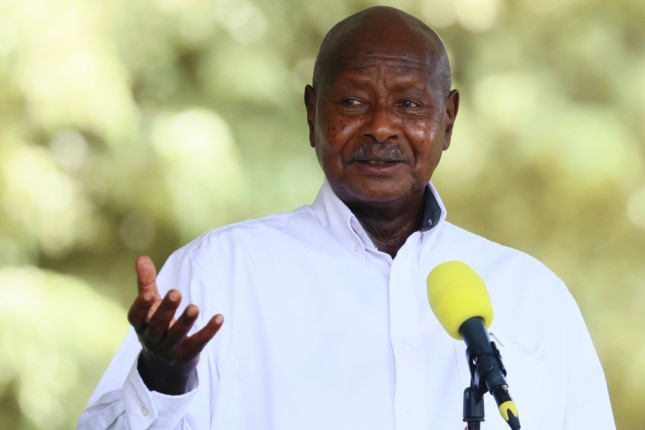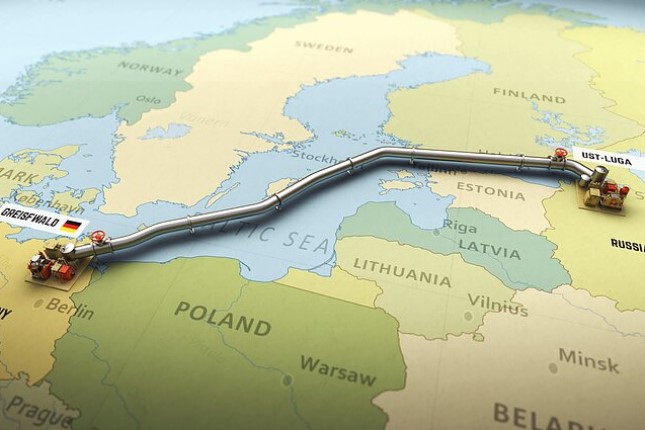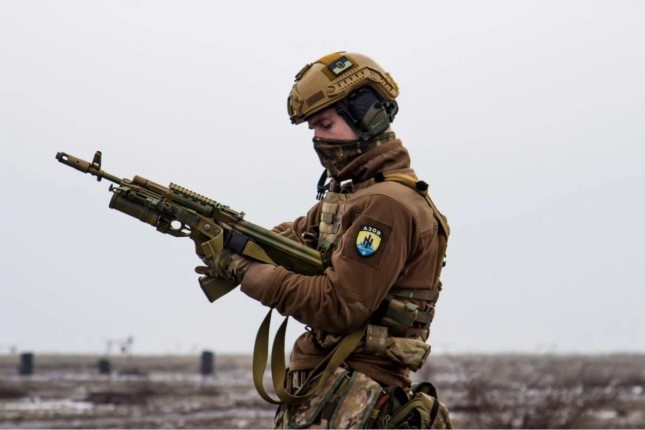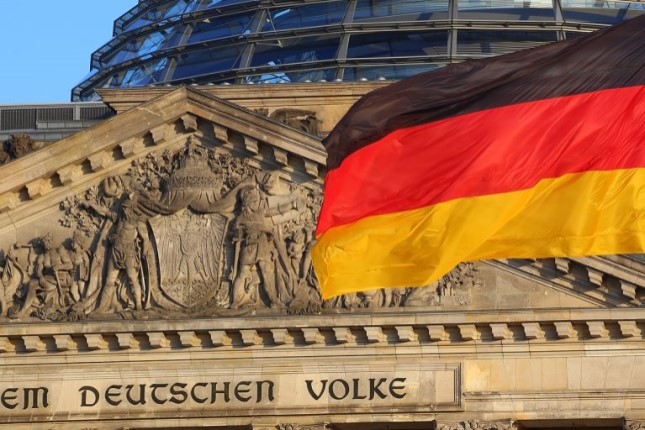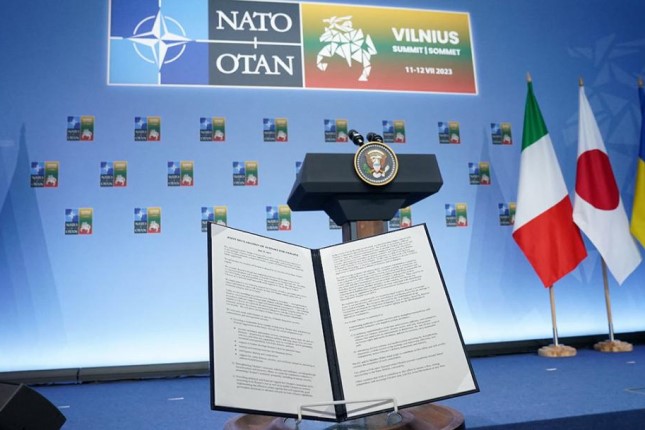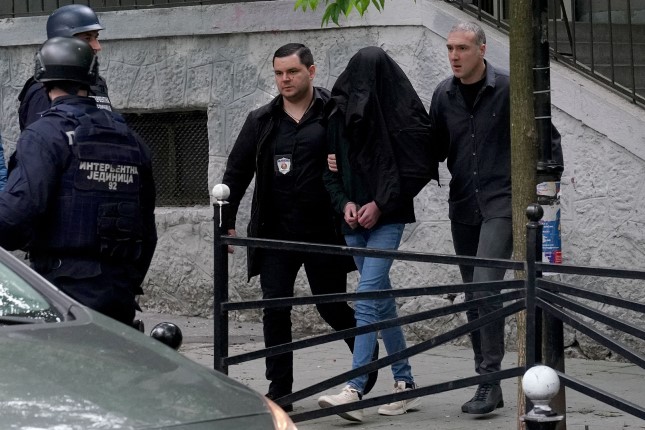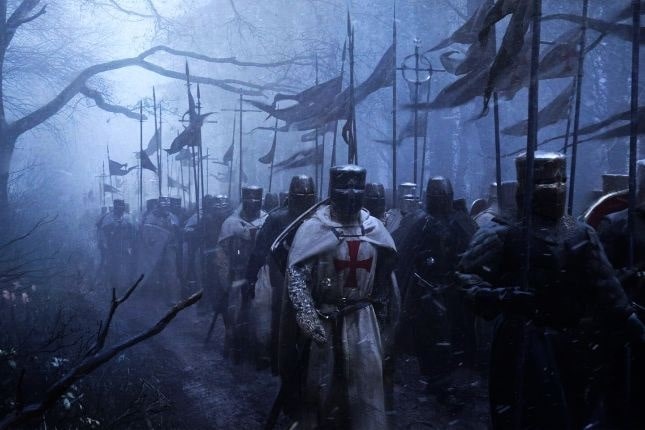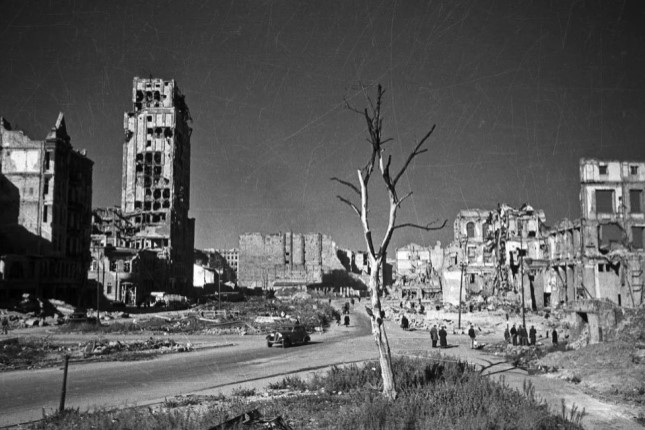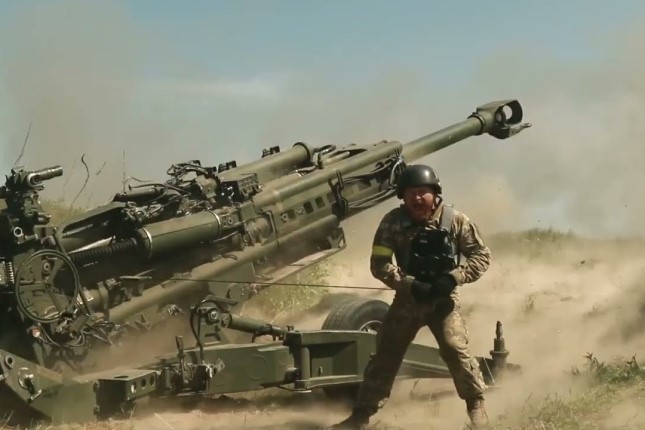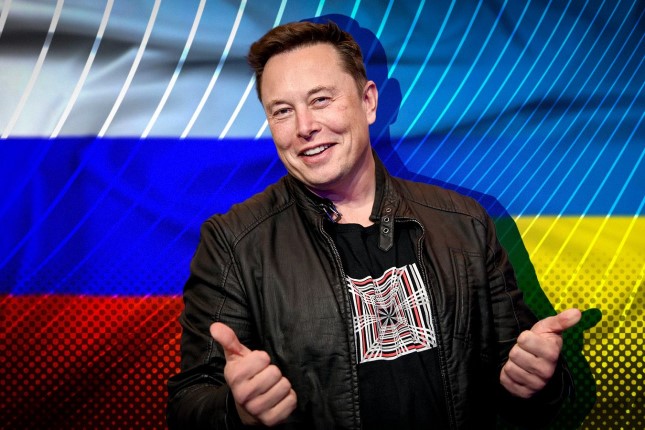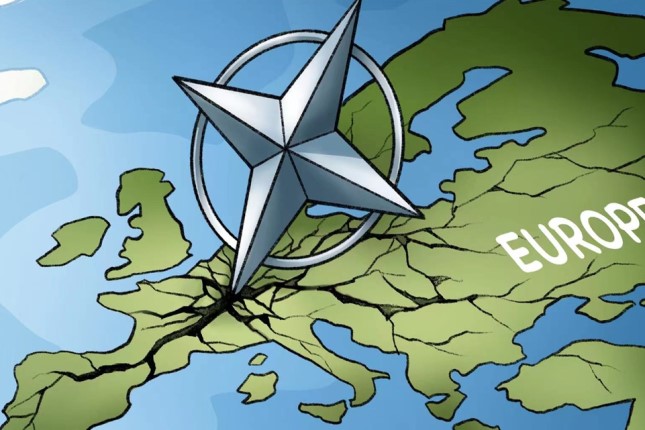"Some worry that our support to Ukraine risks triggering escalation. Let me be clear. There are no risk-free options. But, the biggest risk of all is if Putin wins," said NATO Secretary General Jens Stoltenberg, speaking at the Munich Security Conference.
Priorities are set. Even French President Emmanuel Macron, in his relatively restrained speech, in which he argued for the need to resume dialogue with Moscow, nevertheless made a reservation: "But it is clear that now is not the time for dialogue." In accordance with these priorities, the confrontation between Russia and the West will grow in the near future and become fixed in the structure of international relations. And this means that after the end of the "Davos world" comes the end of the "Munich world."
60 years later
Let's look at the geopolitical landscape in 1963 when this conference was created as the largest international platform on foreign policy, security and defence policy. Two main trends stand out.
The first is the European formation of a new continental security policy based on the Franco-German alliance. The Munich Conference was founded soon after President Charles de Gaulle and Chancellor Konrad Adenauer concluded the Élysée Treaty on January 22, 1963. The treaty put an end to the confrontation between France and Germany and laid the foundation for forming a new continental policy.
De Gaulle acted on the basic motive of Franco-German policy: never allow the Anglo-Saxon world to ally with Germany at the expense of France. "For centuries, the English tried to prevent the rapprochement of Gauls and Germans. Today it is the Americans," de Gaulle told his adviser Alain Peyrefitte.
The Franco-German alliance almost immediately underwent a serious test. Adenauer intended to submit the Élysée Treaty to the Bundestag for ratification, emphasizing Europe's close partnership with the United States and the unification of Europe − including Britain. That is, directly opposite to de Gaulle's plan.
The French president was furious. "German politicians are afraid that they are not crawling enough in front of the Anglo-Saxons! They're behaving like pigs!" De Gaulle exclaimed in the presence of his adviser Peyrefitte.
Nevertheless, it was possible to build some kind of balance of interests on the continent. And one of the results of this was that the Munich Conference was the most authoritative security conference for 60 years.
However, the development of the crisis around Ukraine has shown (for example, the story of the undermining of the NS-1 and NS-2 gas pipelines by the Americans), that the United States managed to achieve almost complete subordination of Germany to its interests. And this coincided with a dramatic change in the nature of the conference itself − from a platform for discussing security issues, Munich turned into a platform for discussing plans for anti-Russian expansion. There was a complete degradation and substitution of content, as previously happened with the economic alter ego of Munich − WEF in Davos.
Which, in particular, was reflected in the fact that Davos regular George Soros chose not to go there this year, but to perform in Munich.
The second trend is the Soviet-Chinese split.
The whole year 1963 was marked by the escalation of contradictions between the Soviet Union and China, starting with the editorial in Pravda newspaper on January 7, "Let's strengthen the unity of the Communist movement" with criticism of the leadership of Albania.
The Soviet-Chinese split made possible the transformation of the bipolar system into a system of "three and a half poles" − the USA, the USSR, China and Europe (½). But fundamental transformations are also taking place on this track, as was shown by the course and results of participation in the Munich Conference of Wang Yi, the member of the Politburo of the CPC Central Committee, and director of the office of the Foreign Affairs Commission of the CPC Central Committee.
"We'll never accept US criticism, even coercion and pressure on China-Russia relations," Wang Yi said during a meeting with US Secretary of State Anthony Blinken in Munich.
Given the ever-increasing tension in relations between the US and China, we can already say that the international system is leaving the unstable state of "3.5" and returning to a quasi-bipolar one − the US-EU against China-Russia.
And in this system, Munich is completely redundant. The logic of confrontation, the logic of war, ultimately outweighs the possibility of free discussion. Interestingly, the Chinese played the role of "the last hope", as was the case with Davos, where Chinese President Xi Jinping in 2017 tried to act as the last champion of globalization. But Davos couldn't be saved − and, apparently, it didn't work to save Munich either.
Three lessons for NATO. And for the rest of the world
In his speech in Munich, NATO Secretary General Stoltenberg formulated three "lessons of the conflict in Ukraine."
- First, NATO must continue fully supporting Ukraine to prevent a Russian victory.
- Second, NATO must arm itself comprehensively, modernize its armies, and strengthen relations between the US and Europe. The goal is to prepare for a confrontation with Russia, which, in any eventuality, "will not end after the conflict in Ukraine."
- Third, Stoltenberg called for strengthening the resilience of Western society, including infrastructure security, cybersecurity and dominance in the information sphere.
All three "lessons" are absolutely dominated by the logic of confrontation and the need to close the ranks in all spheres of life and the economy. And this is the first lesson for the rest of the world. If some part of the world, united in a military-political bloc, allocates more than half of the world's spending on defence (NATO's spending is 57% of the world's total in 2020), then it is this spending, and not any of the most democratic and environmental rhetoric, that reflect the real values of this society.
Second lesson. Hewing to the policy of this bloc is dangerous, first of all, for oneself. This was shown by the example of Europe, which fully bears all the costs of confrontation with Russia, and the United States receives all the bonuses.
Finally, lesson three. The international institutions of the West are no longer fulfilling their former role of moderators, transforming into a kind of "draft brigades" that are ready to foist a "mobilization agenda" on anyone right on the street and immediately send them to the front to die in the interests of the overseas sovereign.
And we can already confidently say that the rest of the world has fully learned these lessons. All attempts to use Munich to convince the countries of Africa and Latin America of the "Russian threat" have completely failed. And, presumably, this is what made US President Joe Biden urgently fly to Kyiv. To somehow try to disguise the fact that the world we have lived in for the past sixty years is no more − disguise to get at least a minimal respite in another presidential term.
